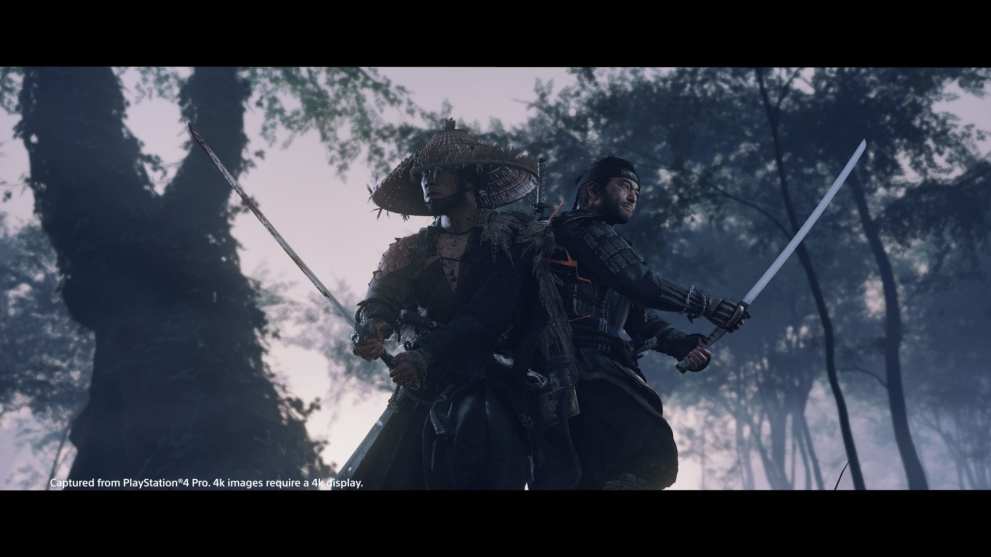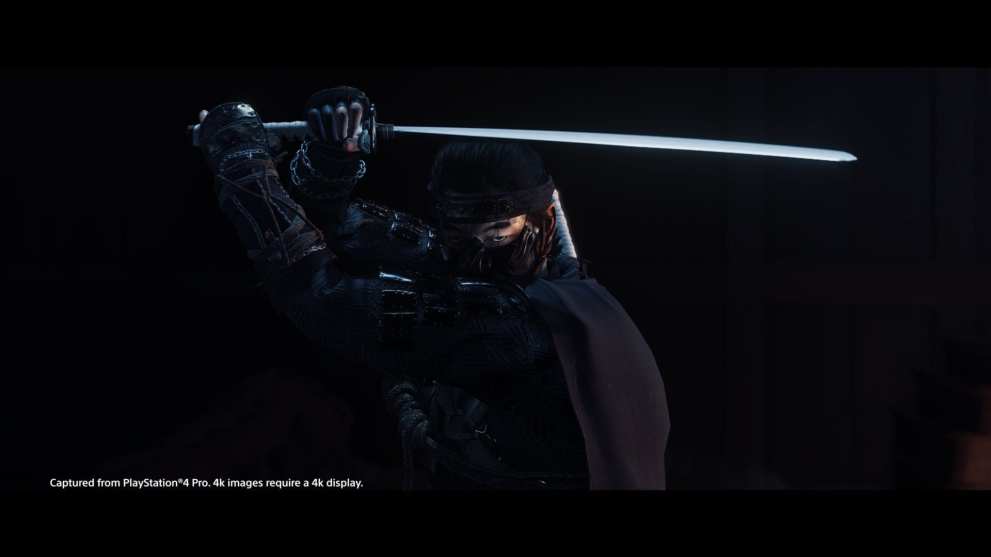We finally know when Sucker Punch’s Ghost of Tsushima will hit the shelves, but those who only watched the (awesome) new trailer in English may have missed a relevant detail.
The game comes with full voice-overs in Japanese, and they appear to be top-notch.
If you don’t believe me, you can watch the Japanese version of the trailer just below.
I’m not here to argue which between the English and Japanese voice-overs is “better” or offers a superior experience. While the setting of Ghost of Tsushima is most definitely Japanese, the game itself is certainly American, made by Sucker Punch Productions in Bellevue, near Seattle.
While English-language voice acting on video games can indeed be a bit more hit-and-miss than its Japanese counterpart, Sony Interactive Entertainment certainly puts plenty of resources and effort into the audio of its games, so there are no doubts that Ghost of Tsushima will have fantastic English voice-overs.
I won’t encourage you to play the game exclusively in Japanese, but I do believe that you should enjoy the experience in the language of the samurai at least once.
While not everyone may be a fan of subtitles (and that’s understandable), Japanese voice-overs will almost certainly offer a very different experience compared to the English track.
The game is made in the United States, but it’s most definitely inspired by Japanese media like Akira Kurosawa’s films, and I wouldn’t be surprised if its writers spent tens of hours watching classics like Seven Samurai or Kagemusha. They even traveled to Japan in order to find inspiration and immerse themselves in the atmosphere of the setting.
I believe that the atmosphere is conveyed differently by enjoying the game in Japanese with subtitles, exactly like watching Kagemusha in its original language.
It’s a valuable experience to hear the dialogue in the same language of the media that likely provided much of the inspiration behind the game.

Japanese voice actors come from a very different tradition compared to American stars. While acting in the United States is very much rooted in Hollywood, in Japan, voice acting has always been at the very core of the trade, with big Hollywood blockbusters requiring voice-overs and anime being a much more prominent form of entertainment locally compared to animation in the west.
This difference in tradition results in a unique flavor, often more theatrical. Voice actors from the archipelago of the Rising Sun tend to deliver their lines in a different way, with stronger emphasis that comes from the necessity of adding nuance to animated characters that are often more straightforward in their presentation than real humans.
This kind of approach is particularly suited to media set in medieval Japan due to the very nature of the characters showcased. At least in their popular portrayal (which Ghost of Tsushima appears to fully embrace), Samurai tend to be rather intense people, wearing their courage and determination on their sleeve.

I’m sure you don’t really need me to describe all this, though. Watching the trailers above and comparing them with their English counterparts will likely give you all the tools you need to feel the difference with your own ears.
If this was a Japanese game, I’d simply play it with local voice-overs, and that’s it. Yet, given the nature of the game, I believe I’ll play it in English first, but I’ll most definitely go back for a second playthrough in Japanese. I have a feeling that it’ll be very worth my time, and probably it’ll be worth yours as well.
Ghost of Tsushima will release exclusively for PS4 on on June 26, 2020.
